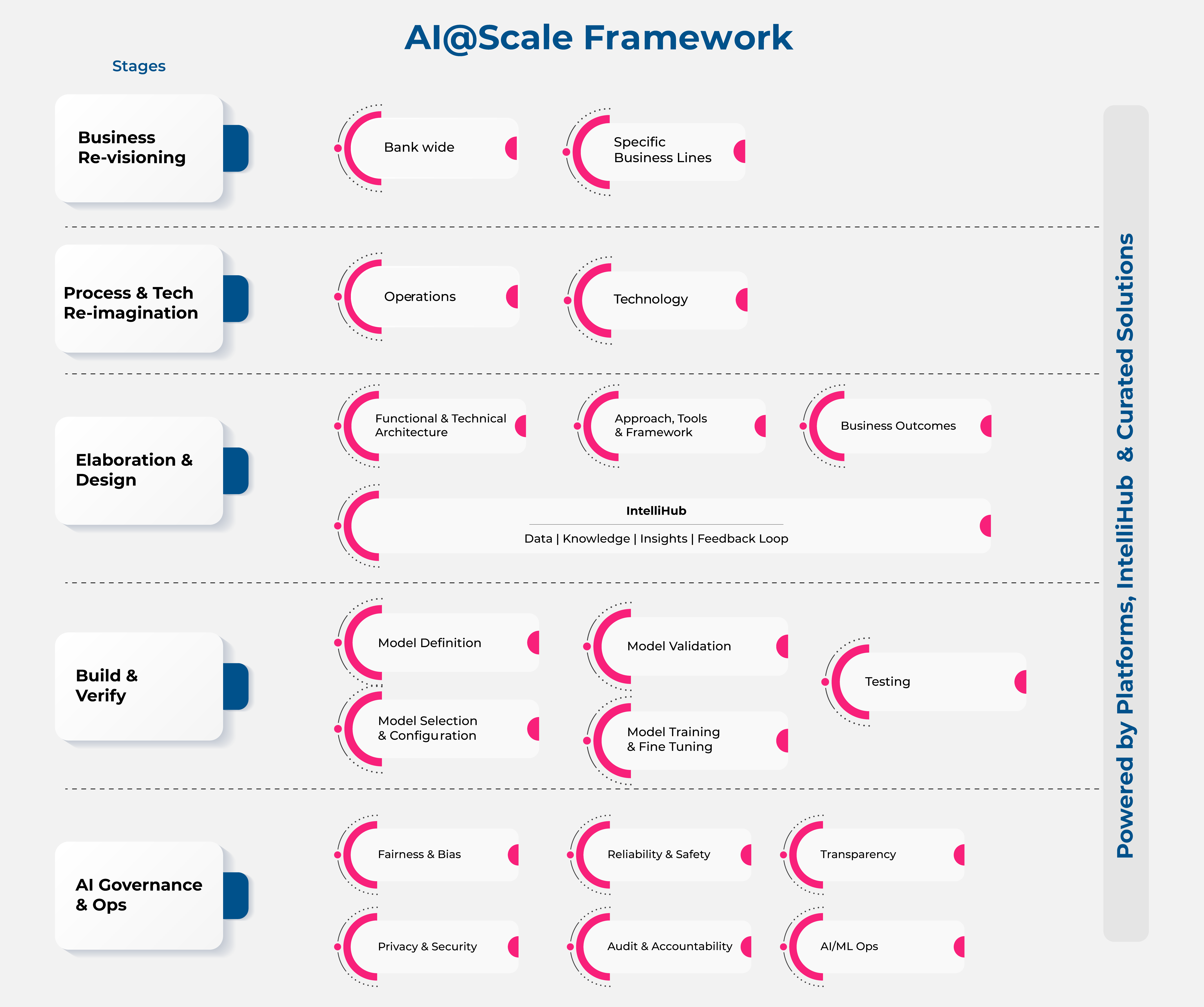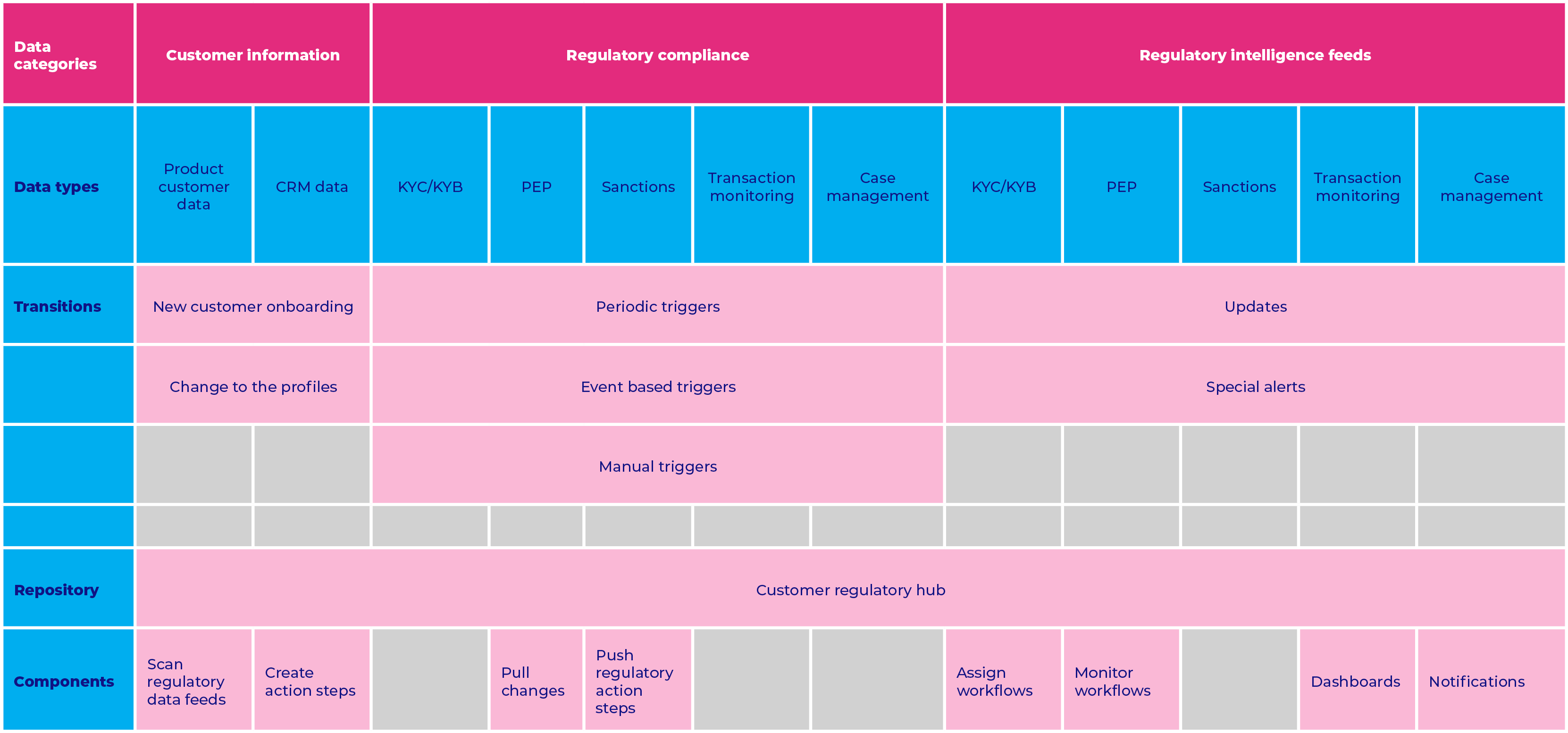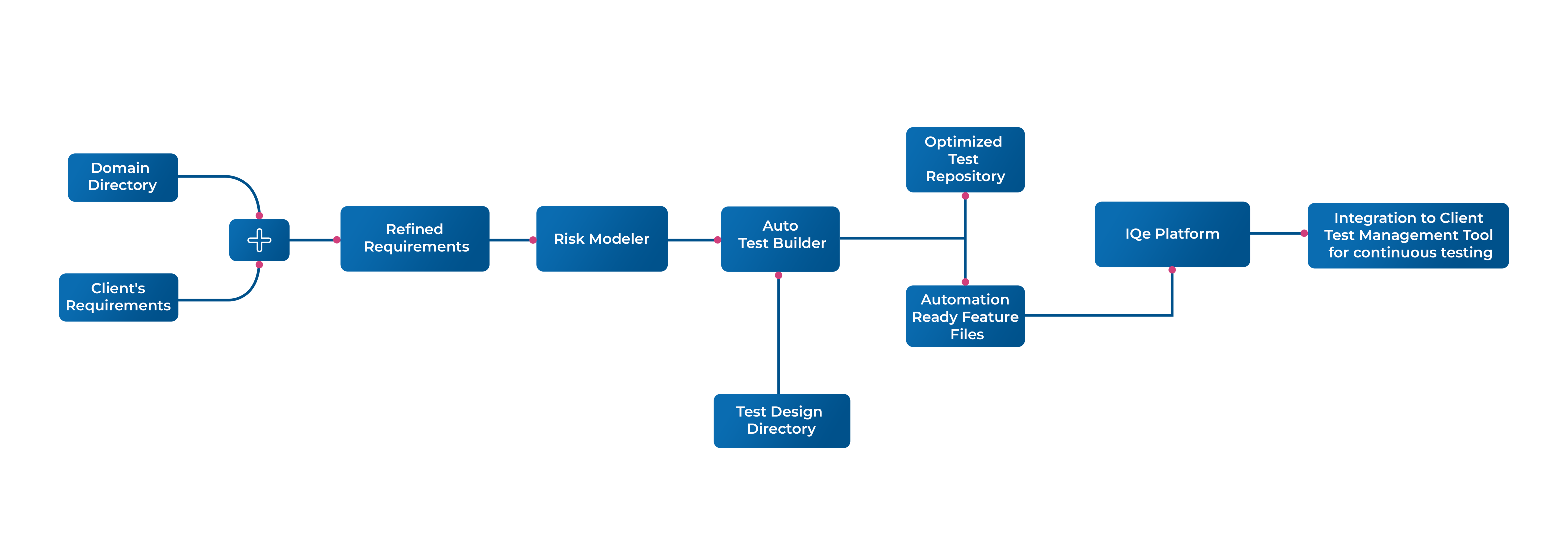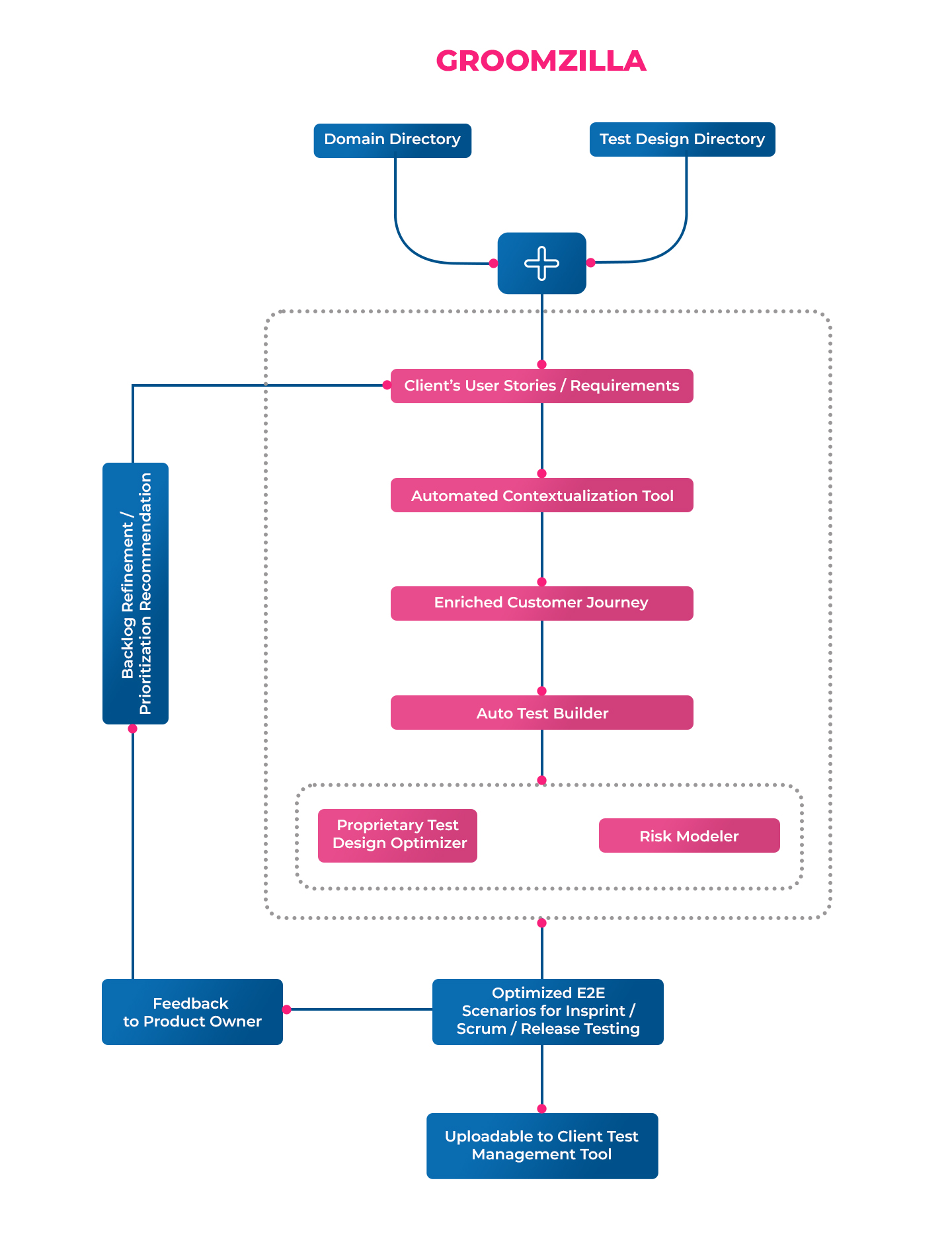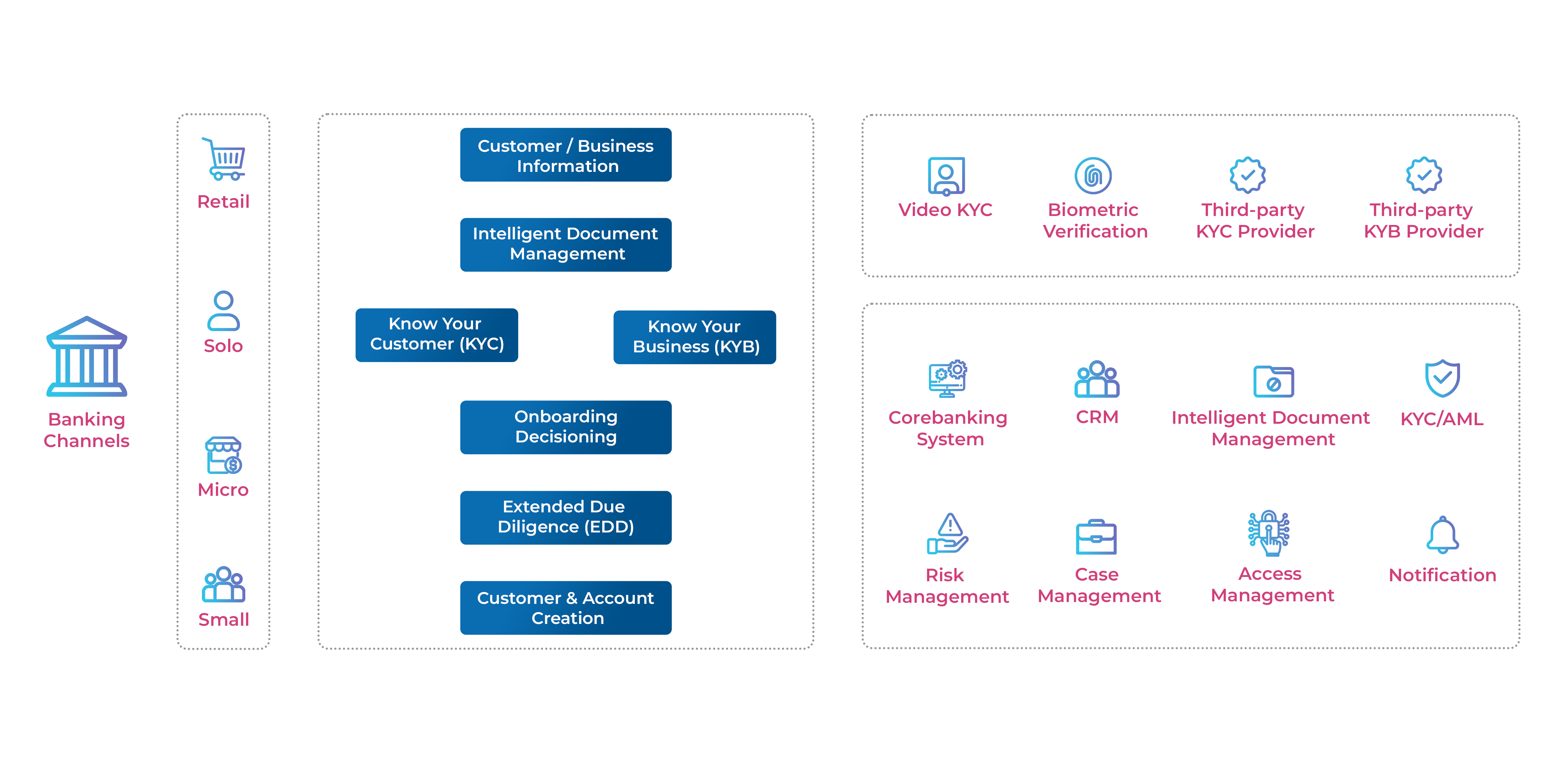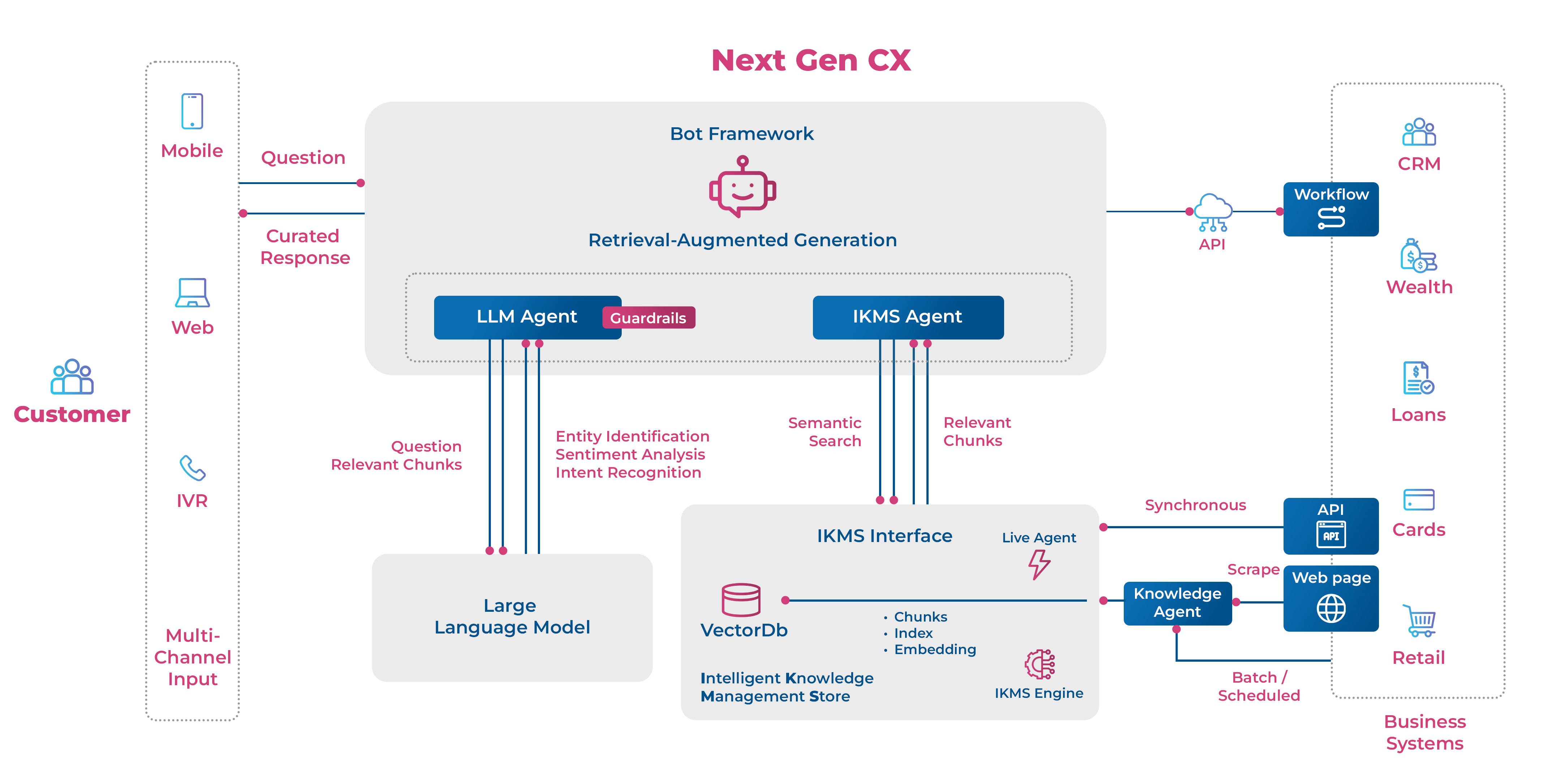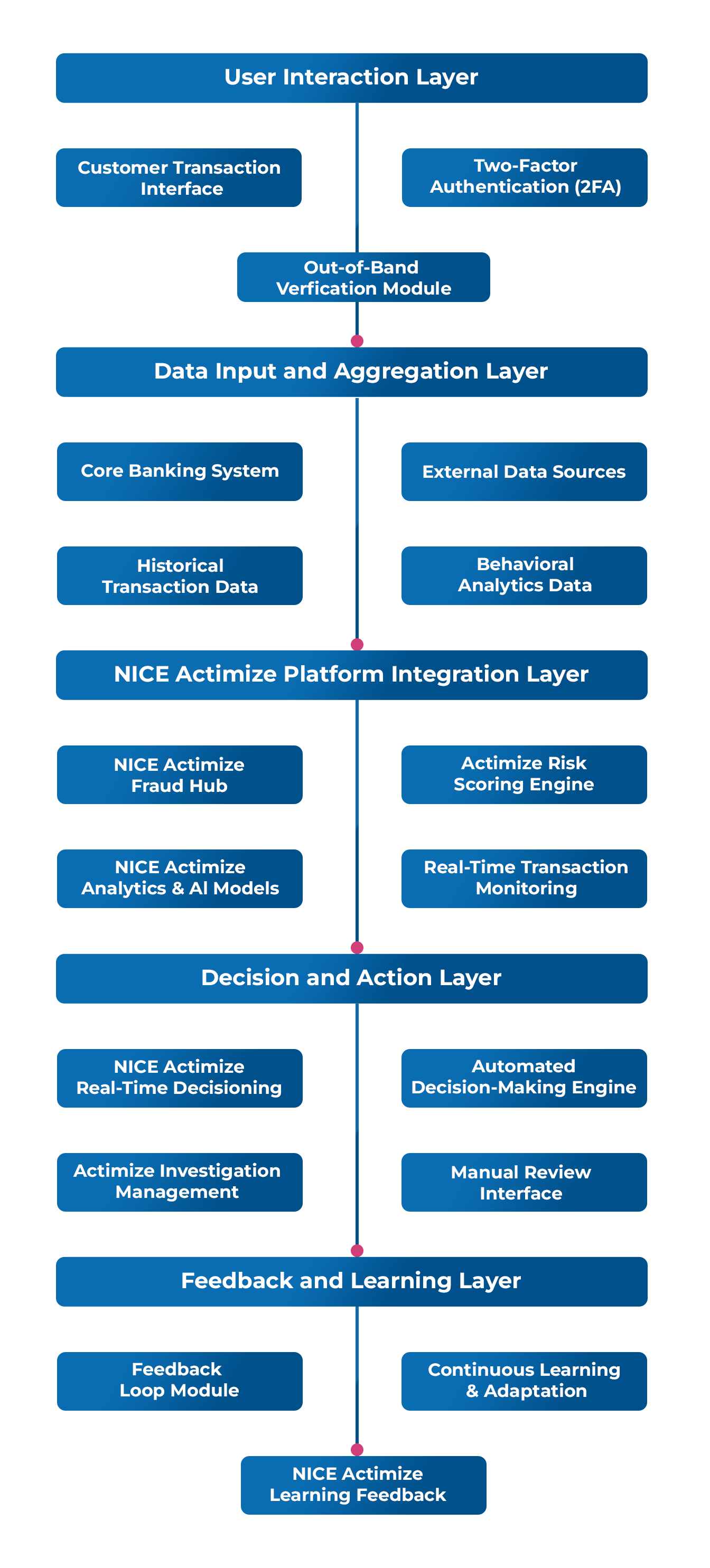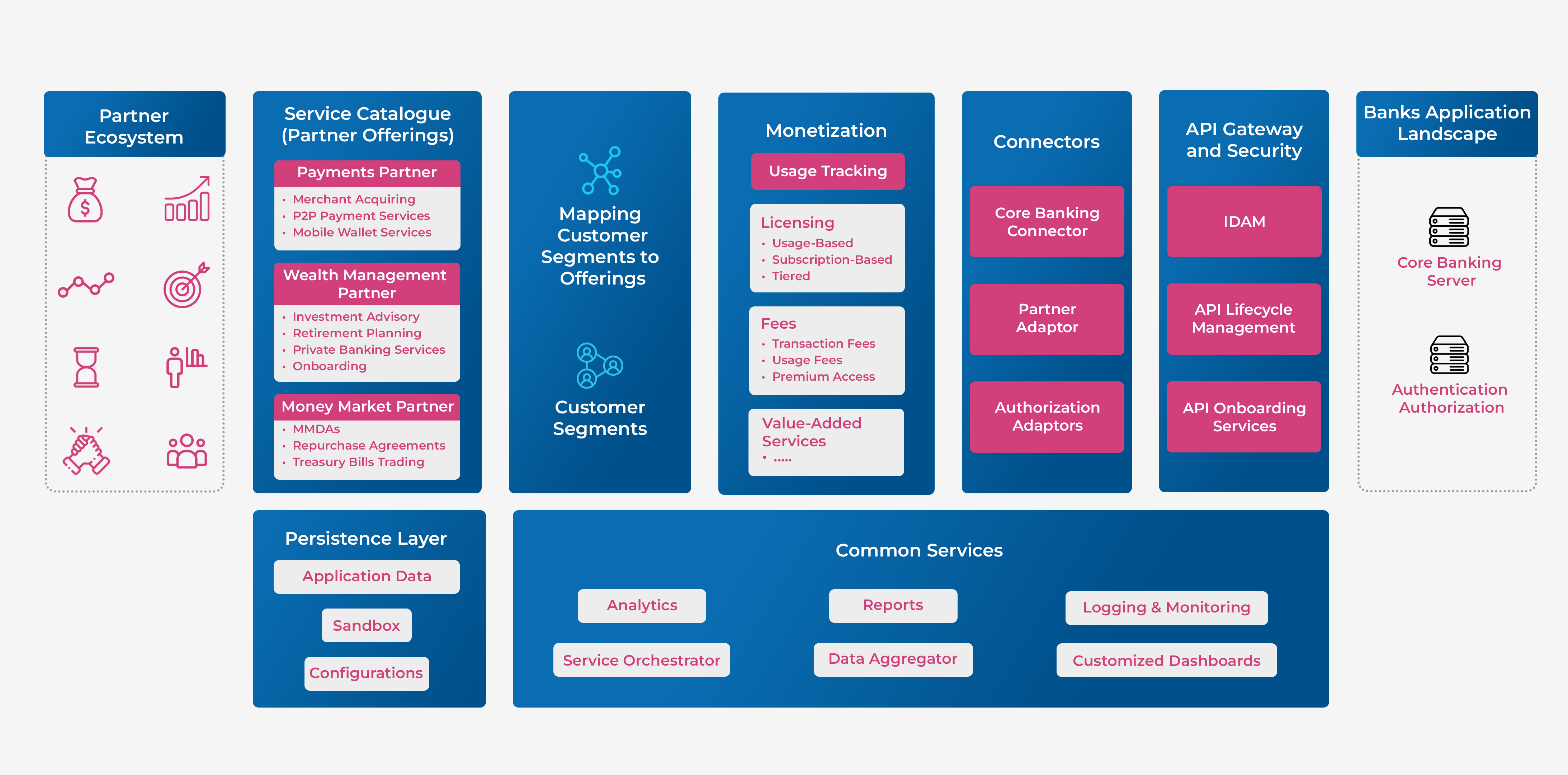Software quality engineering is going through a rebirth, with companies doing everything possible to find and fix bugs as soon as possible. This has led to a lot of new tools and methods, such as test automation, shift-left testing, DevOps, DevSecOps, Continuous Integration, Continuous Deployment (CI/CD), SDET, Test Driven Development (TDD), and Behaviour Driven Development (BDD), risk management, and artificial intelligence.
These things together make up a new way of thinking about quality engineering.
Industry Evolution for Quality Engineering.
Automation skills went from being a nice-to-have to a must-have in the past few years, and engineers now expect testers to be able to help them solve problems. As newer technologies emerge and the need to continuously improve how project teams work together, there has been a need for better testing methods and a tool kit that supports advanced testing. All of this needs a Quality Analyst with a unique way of thinking and a deep knowledge of technical infrastructure.
The Five Benefits of Quality Engineering
- Cost Savings: It costs money to fix bugs. Time spent on development is expensive, and time spent fixing bugs is time that can’t be used for things like adding features. Quality Engineers are good at figuring out where problems are in a complicated system. This means your workers will spend less time looking for bugs while building the system. Quality Engineers can point developers correctly, saving time and money in the long run.
- Time Savings: When making software, time is always a worry. It seems like there’s never enough of it. When time runs out on a project, teams often have to make the hard choice of cutting testing time to meet their deadline.
 Partnering with domain experts in Quality Engineering like Maveric Systems offers leading banks and FIs unparalleled value in creating strategic differentiation.
Partnering with domain experts in Quality Engineering like Maveric Systems offers leading banks and FIs unparalleled value in creating strategic differentiation.
- Efficiencies: Testing takes time, but Quality Engineers look for ways to save time by making their testing process more efficient. Quality Engineers help the team by automating tests that take time, finding tools that make work more efficient, and building infrastructure that multiple projects can use.
- Better Quality: Apps are getting more and more complicated. Apps that use local data to work are a thing of the past. The design has become more complex, and testing how well the different layers work together is more critical than ever. Traditional “Black Box” testing has many problems. The Quality Engineer comes in. When testing is done in a gray-box way, and the design is well understood, the whole system can be tested more thoroughly.
- Better planning: Quality Analysts’ main job is to keep code out. QAs test the product to see if it is ready to market after coders make changes. But what happens if quality assurance finds a problem requiring much extra work? Changing the way your application is built takes time and money. During the planning part of a project, Quality Engineers can help lead discussions that give more information and a different point of view. They talk freely with developers about how to build and test in the best way. This can help find problems with proposed implementations early on.
Conclusion
Quality engineering aims to improve a product at every stage of its creation so that the delivery process goes more smoothly and mistakes are found early on. Quality means different things for different products and services, but everyone in this field works to build quality checks into every step of production. Quality engineering is something that every organization in the world does, whether they know it or not. When you make a product or service, you have to deal with the task of making it high-quality. Almost every time people have ignored quality, things have gone wrong.
Quality engineering provides a way forward by taking a proactive, preventative approach to implementing quality systems. This solves the quality problem that software development and product development face in general.
About Maveric Systems
Starting in 2000, Maveric Systems is a niche, domain-led Banking Tech specialist partnering with global banks to solve business challenges through emerging technology. 3000+ tech experts use proven frameworks to empower our customers to navigate a rapidly changing environment, enabling sharper definitions of their goals and measures to achieve them.
Across retail, corporate & wealth management, Maveric accelerates digital transformation through native banking domain expertise, a customer-intimacy-led delivery model, and a vibrant leadership supported by a culture of ownership.
With centers of excellence for Data, Digital, Core Banking, and Quality Engineering, Maveric teams work in 15 countries with regional delivery capabilities in Bangalore, Chennai, Dubai, London, Poland, Riyadh, and Singapore.



